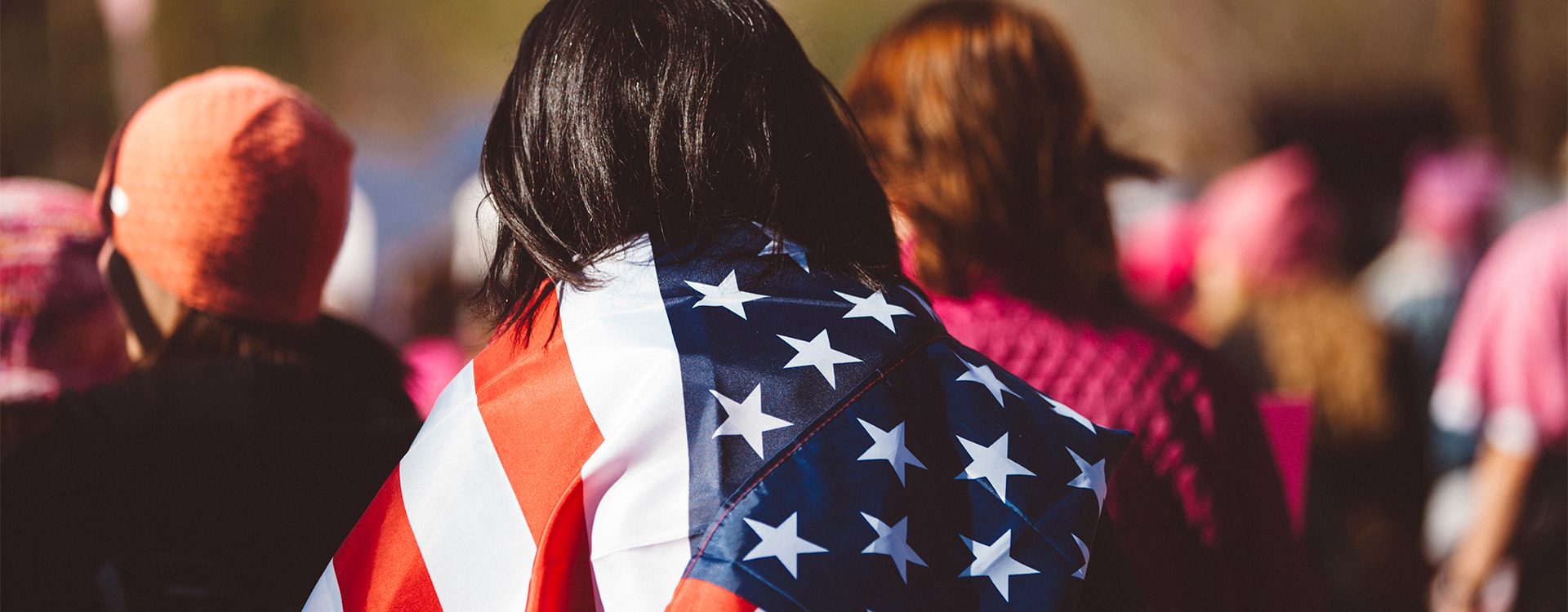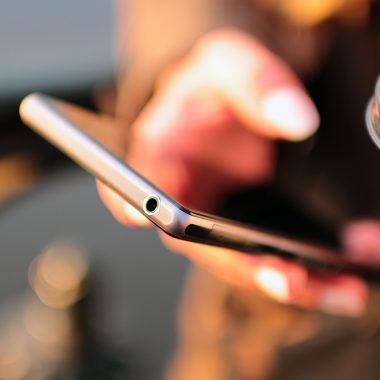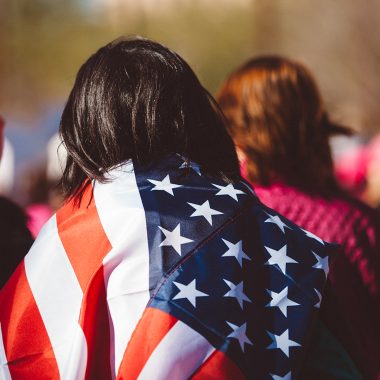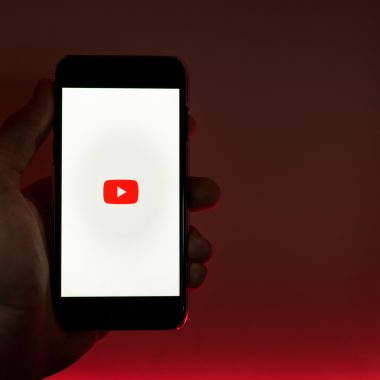To debate or not to debate? That is the question which has finally received a clear answer from American President Joe Biden and former president Donald Trump on social media.
Reentering their familiar arena of verbal sparring, both candidates took to social media on May 15 to agree to not one, but two presidential debates.
Verbal showdown
It all started with a tweet. On Wednesday, May 15, 2024, Biden threw down the gauntlet, challenging his opponent to a debate in a vertical video posted on X (formerly Twitter). With 36 million impressions, the tweet constitutes a direct challenge to Trump, alluding to his ongoing trial that takes breaks on Wednesdays.
“I hear you’re free on Wednesdays,” Biden said.
Donald Trump lost two debates to me in 2020. Since then, he hasn’t shown up for a debate.
Now he’s acting like he wants to debate me again.
Well, make my day, pal. pic.twitter.com/AkPmvs2q4u
— Joe Biden (@JoeBiden) May 15, 2024
Two hours later, Biden announced in another post on X that he accepted an invitation from CNN for a debate on June 27, 2024.
In the final installment of a series of back-to-back posts, Biden agreed to a second debate hosted by ABC on Tuesday, September 10, 2024.
On the social platform Truth Social, Trump quickly agreed to both debates: “I am Ready and Willing to Debate Crooked Joe at the two proposed times in June and September […] Let’s Get Ready to Rumble!!!”
The swiftness of the online back-and-forth between the two opponents on Wednesday may indicate a readiness to redefine the debate narrative. The agreement comes after months-long debates… about the debates themselves.
“It is important for the Good of our Country, that Joe Biden and I Debate issues that are so vital to American, and the American people,” Trump stated on Truth Social in March 2024. “Therefore, I am calling for Debates, ANYTIME, ANYWHERE, ANYPLACE!”
Amid uncertainty and vagueness surrounding the debates, Biden appeared on a radio broadcast with Howard Stern late April, stating he would be “happy to debate” Trump.
Once Biden formally accepted CNN’s invitation on May 15, he echoed Trump’s call for a debate “any time, anywhere, any place” on X.
Unusually early debate dates
The announcement dominated the American news cycle on Wednesday, with many media outlets highlighting the unusual timing of the upcoming debates. Within the American political landscape, the June 27 debate stands out as early — given that presidential debates typically start in September or early October.
American media outlets have highlighted Biden and Trump’s decision to sideline the bipartisan Commission On Presidential Debates. For instance, The Washington Post stated on May 15 that the candidates were “bypassing the decades-old tradition of three fall meetings organized by the bipartisan Commission on Presidential Debates.”
Beyond the traditional media landscape, the announcement also generated a significant online conversation within hours after the debates were announced.
Framing the debate as a match
On May 15, the online conversation consisted of over 174.2K tweets mentioning the words “Biden”, “Trump” and “debate.”
With Biden and Trump trading verbal blows, the debate has been framed as a challenge akin to a wrestling match.

An overview of the top keywords that emerged in the online conversation on May 15
Recurring keywords from the analyzed tweets reflect this framing, with terms such as “challenge”, “match” and “slams” pervading the online discussion.
Representing approximately 14.1% of total results, the keyword “pal” is also a top theme. Biden employed this term in his original video, where he called out Trump to a debate by stating “Make my day, pal.”
Traditional media outlets have also underscored the confrontational rhetoric which underpins this announcement. In an article titled “Online swagger makes presidential debates sound like prize fights,” CNN’s Zachary B. Wolf argues that “Joe Biden sounded more like a professional wrestler than a president.”
One article from MSNBC states that Trump’s final sentence in his first Truth Social post, “Let’s get ready to rumble”, is the signature trademark of Michael Buffer, a boxing ring announcer.
Any time, any place, any terms?
The announcement has also sparked a discussion about the terms and format of the upcoming debates.
The keyword “audience” is relevant here, referring to the format of the CNN debate which will exclude a live audience. Conservative users on X have been vocal about their disapproval of these terms. Charlie Kirk, a right-wing voice with 2.9 million followers, described Biden’s debate terms as “cowardly” in a tweet posted on May 15.
Robert Francis Kennedy Jr: a wild card?
Another main topic that has emerged is the potential participation of Robert F. Kennedy Jr., an independent candidate known for his anti-vaccine discourse. Indeed, “RFK” constitutes a major keyword in the online discussion, representing approximately 6.7% of total results.
Kennedy himself is a leading voice in the online conversation, accusing Biden and Trump of “colluding” to keep him from reaching the debate stage.
Presidents Trump and Biden are colluding to lock America into a head-to-head match-up that 70% say they do not want.
They are trying to exclude me from their debate because they are afraid I would win. Keeping viable candidates off the debate stage undermines democracy.…
— Robert F. Kennedy Jr (@RobertKennedyJr) May 15, 2024
Several hours later, Kennedy announced in a separate post that he “will meet the criteria to participate in the CNN debate before the June 20 deadline.”
To participate in the upcoming June 27 debate, candidates must meet criteria such as appearing on a sufficient number of state ballots to reach the 270 electoral vote threshold, as well as achieving at least 15% in 4 national polls approved by CNN. So far, only Biden and Trump meet these requirements.
Kennedy’s tweets have garnered 4.1 million impressions and over 102.5K interactions. These numbers reflect the broader impact of social media on his poll numbers. On May 14, the New York Times published an article arguing that “Kennedy is clearly getting a boost from the rise of social media.”
The countdown begins
The debates — if they do, in fact, go ahead — mark an important turn in the electoral calendar. For both Biden and Trump, these debates represent an opportunity to score points among dissatisfied, undecided and underwhelmed voters.
According to an AP article from April 2024, a poll from the AP-NORC Center for Public Affairs Research found that approximately half of American adults think Trump and Biden’s respective presidencies did more harm than good to the country — albeit for different reasons.
Will these events allow either of them to shake up the presidential race? That’s up for debate.
By Gabriella Soriano









